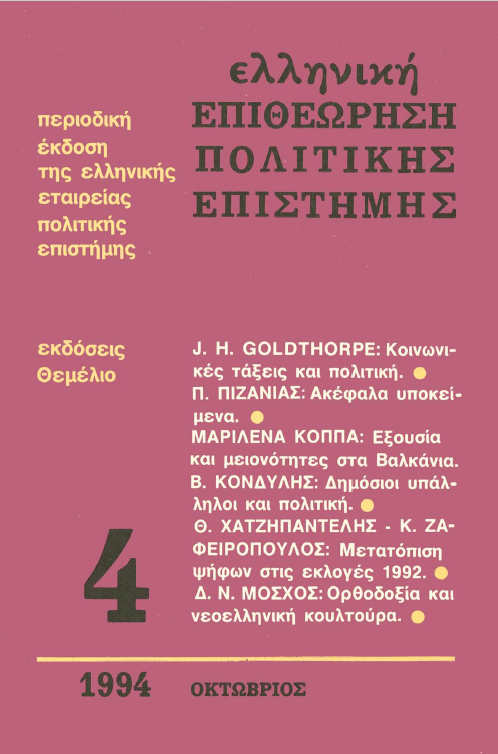Neutrality - forms of politicization, rights, and obligations of civil servants. A historical approach to the problem (France, Great Britain, and the united States)

Abstract
The study of (a) the development of the civil service in France, Great Britain, and the United States, from the 19th century until the First World War, and (b) the complex phenomenon of their politicization reveals strong currents of opposition to politicization within the respective political systems and support for the protection of political neutrality in the civil service. This protection took the form of the pursuit of improvements in the management and efficiency of the civil service, the recognition of funtamental civil rights for civil servants, and the guarantee of political neutrality in administrative life.
To this end, French legislator and the judiciary took some timid steps, while their British and American counterparts embarked upon the difficult task of depoliticizing the civil service. Ironically, these initiatives have resulted in the political sterilization of the British and American civil services and the full enjoyment of civil rights by French civil servants.
Article Details
- How to Cite
-
Κονδύλης Β. Θ. (2017). Neutrality - forms of politicization, rights, and obligations of civil servants. A historical approach to the problem (France, Great Britain, and the united States). Greek Political Science Review, 4(2), 99–114. https://doi.org/10.12681/hpsa.15297
- Issue
- Vol. 4 (1994)
- Section
- Articles

This work is licensed under a Creative Commons Attribution-NonCommercial-ShareAlike 4.0 International License.
Authors who publish with this journal agree to the following terms:
Authors retain copyright and grant the journal right of first publication with the work simultaneously licensed under a Creative Commons Attribution licence that allows others to share the work with an acknowledgement of the work's authorship and initial publication in this journal.
Authors are able to enter into separate, additional contractual arrangements for the non-exclusive distribution of the journal's published version of the work (e.g. post it to an institutional repository or publish it in a book), with an acknowledgement of its initial publication in this journal.
Authors are permitted and encouraged to post their work online (preferably in institutional repositories or on their website) prior to and during the submission process, as it can lead to productive exchanges, as well as earlier and greater citation of published work (See The Effect of Open Access).


